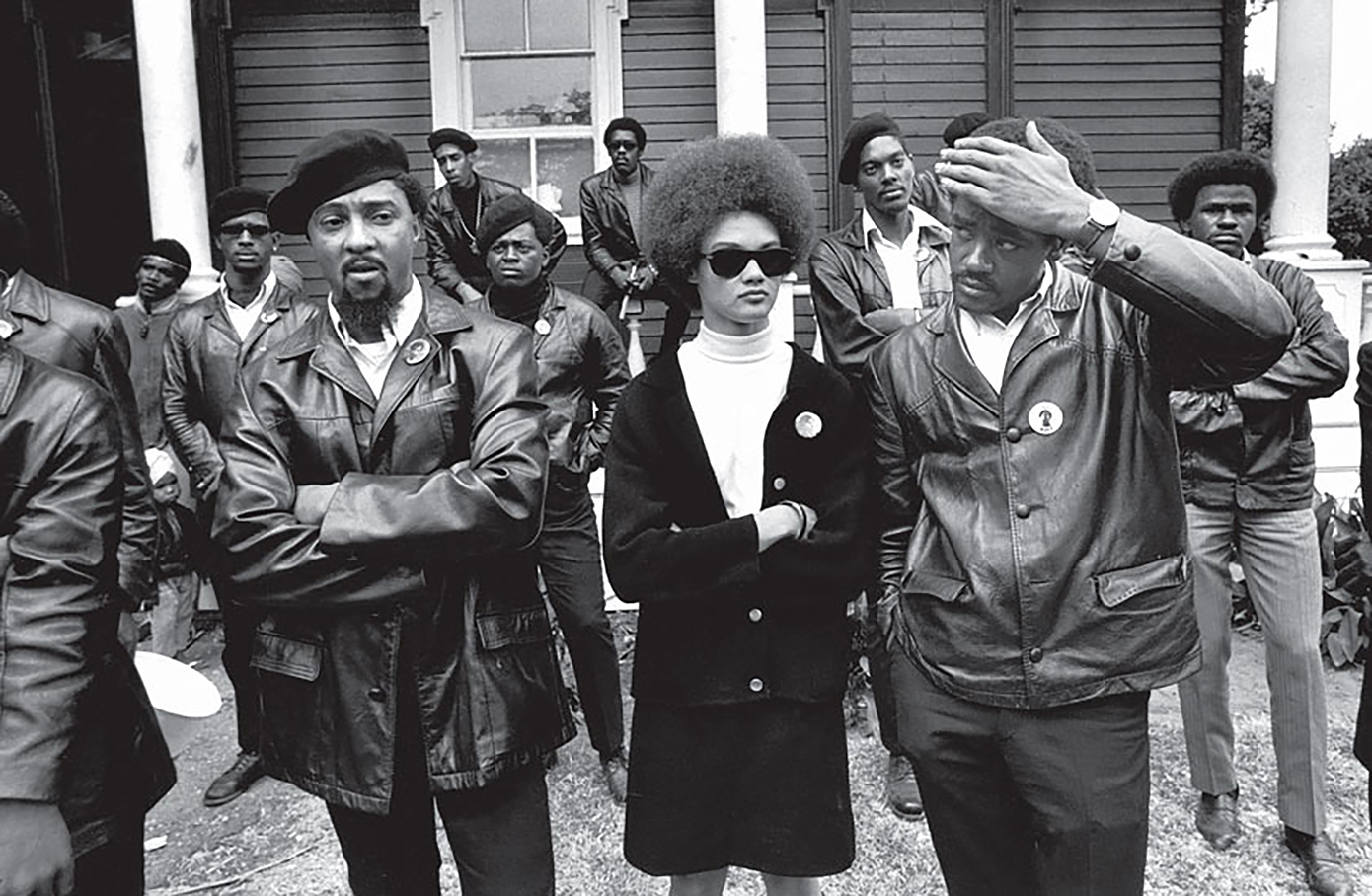The Black Panther Party (BPP), founded in 1966 by Huey P. Newton and Bobby Seale in Oakland, California, emerged as one of the most influential and controversial African American revolutionary organizations in the United States. Its creation was a direct response to the pervasive racial injustice and police brutality faced by Black Americans during the Civil Rights Movement.
Initially known as the Black Panther Party for Self-Defense, the BPP’s primary objective was to protect African American communities from police violence. Newton and Seale adopted the symbol of the black panther, chosen for its connotations of strength and resilience. They drew inspiration from Malcolm X’s militant stance on self-defense and Black nationalism. The Party’s early actions included patrolling neighborhoods with legally carried firearms to monitor police activity, a practice known as “copwatching,” which garnered national attention and sparked both admiration and controversy.
The Party’s Ten-Point Program outlined its goals and demands, emphasizing issues such as full employment, decent housing, education, an end to police brutality, and the exemption of Black men from military service. The Ten-Point Program served as a manifesto for the BPP and a blueprint for its revolutionary agenda. The Party’s radical and pragmatic stance advocated for systemic change while addressing immediate community needs.
The BPP quickly expanded beyond Oakland, establishing chapters in major cities across the United States. At its peak, the organization had thousands of members and supporters. The Party’s activities extended beyond self-defense, encompassing a range of social programs designed to uplift African American communities. Its most notable initiatives were the Free Breakfast for Children Program, which provided free meals to thousands of children, and community health clinics offering medical care and education.
Despite its community-oriented efforts, the BPP faced intense scrutiny and repression from law enforcement agencies, particularly the FBI under J. Edgar Hoover. Hoover viewed the Party as a significant threat to national security, labeling it the “greatest threat to the internal security of the country.” The FBI’s COINTELPRO (Counter Intelligence Program) sought to undermine the BPP through infiltration, surveillance, and misinformation campaigns. This relentless persecution led to numerous arrests, violent confrontations, and the deaths of several key members, including Fred Hampton, the charismatic leader of the Chicago chapter, who was killed in a police raid in 1969.
Internal strife also plagued the BPP, with ideological differences and leadership disputes causing rifts within the organization. By the early 1970s, these internal conflicts, coupled with external pressures, led to a decline in the Party’s influence. By 1982, the Black Panther Party had officially disbanded, though its legacy continued to resonate.
The impact of the Black Panther Party on American society and the global struggle for human rights is profound. The BPP’s emphasis on Black pride, self-determination, and community control inspired a generation of activists and laid the groundwork for future movements advocating for racial and social justice. Its legacy is evident in contemporary movements such as Black Lives Matter, which continue to confront systemic racism and police brutality.
In retrospect, the Black Panther Party remains a symbol of resistance and empowerment. Its history serves as a reminder of the enduring struggle for equality and justice, highlighting the importance of grassroots activism and the power of community solidarity.
- Black Panther Party – Wikipedia
- Black Panther Party | History, Ideology, & Facts | Britannica
- The Black Panther Party | National Archives
- The Black Panther Party: Challenging Police and Promoting Social Change | National Museum of African American History and Culture (si.edu)
- Black Panthers | HISTORY , Definition & Timeline | HISTORY
- The often misunderstood legacy of the Black Panther Party | PBS News Weekend
